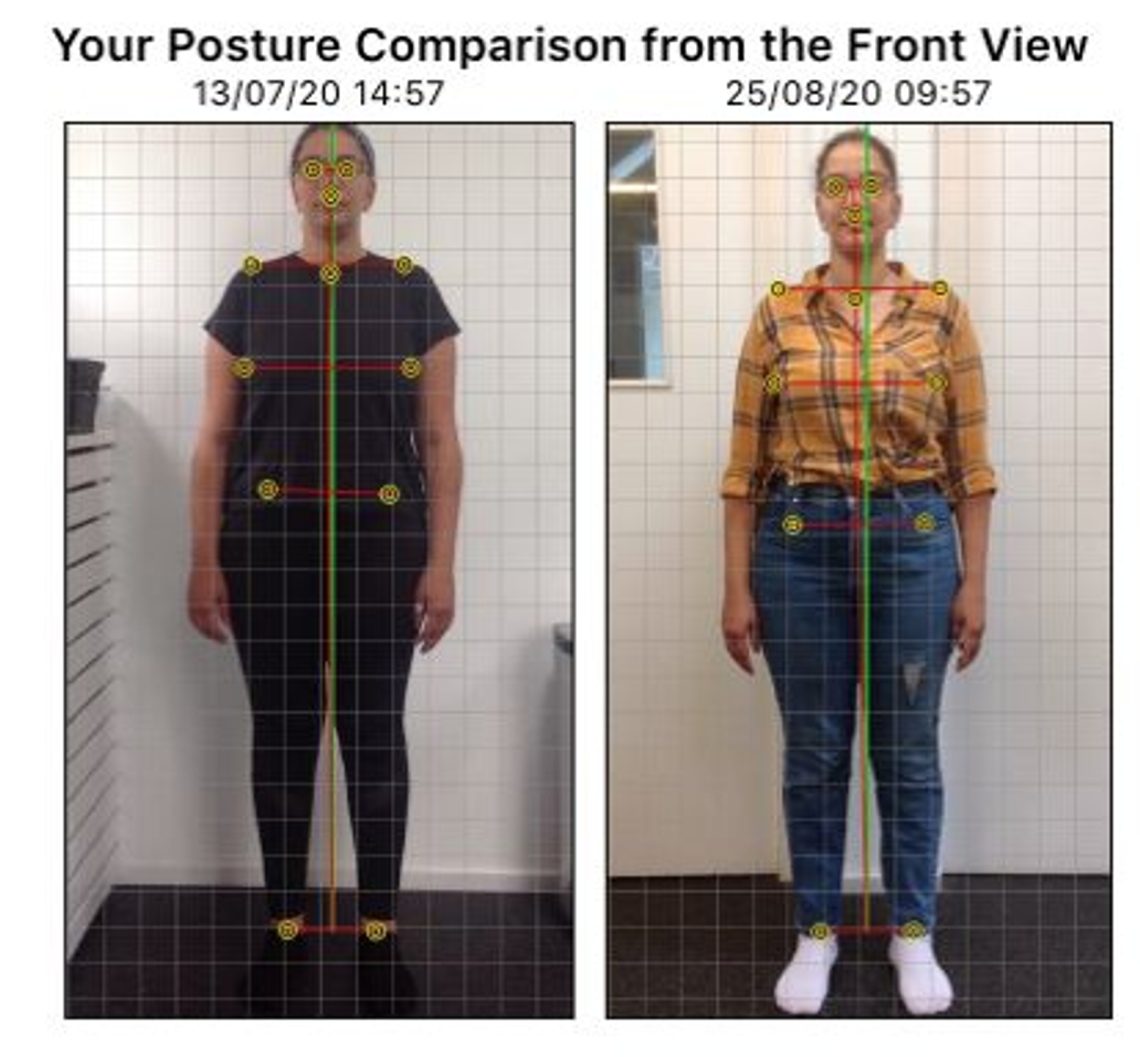Much remains untold when it comes to grief, and much feels unheard as we walk and connect to everything by our side. The dossier “Walking with grief” reflects on the practice of walking through the writing of six artists.
In my second year living in Amsterdam, I started to suffer from extreme lower back pain. It was not new, I knew I had a herniated disk since I was 26. I had to do some check ups which recommended some physiotherapy for my back.
In the first session my physiotherapist told me that I walk “wrong”. Hah! What a weird thought. Did you ever think about your walk in terms of right and wrong?
“We have to correct your walk,” she said. “It is affecting your whole body posture.”
The chiropractor confirmed that too and showed me how the accumulation of walking “wrong” for years had shaped my posture, had shaped my body, had shaped me?
The explanation by the professionals was:
My lower back muscles are weak, causing my pelvis to be misplaced and my knees to twist inwards. Which in turn affects my neck, which became now stretched to the front to balance my body.
They showed me pictures, I saw the red line on my body showing my current posture vs the green line of how it should be.
The explanation made sense to me, I guess I heard enough comments on my walk before to understand what they are talking about. But, I also knew that I walked differently in different times and places. I changed my walk with every city I lived in. I just didn’t know that in a way I was changing my body too.
So at the age of 33 I had to re-learn how to walk.
Every session, I get on the treadmill and walk slowly following the instructions of my physiotherapist: “Step, step. Left, right. Put your hands in your pockets, don’t use them to balance. Depend on your muscles, trust your muscles”.
I never thought that I did not. I wonder what made me lose trust in my muscles and in my body.
My friend Sara, an artist who works with walking as an artistic practice, wrote once:
“My physiotherapist had a strong theory on the relationship between public gender-based violence and lower-back problems, which, she explained, a lot of Egyptian women suffer from. The swinging hip movement necessary to relax and strengthen such muscles are regarded by the male gaze on the street as an invitation for sexual harassment, and as women try to avoid it (having long been victim-blamed for sexual harassment) they use less powerful, less central muscles, leaving torsos weaker.”
Well, I can definitely relate.
This makes me think about how different genders experience streets and experience walking.
Walking, wandering, drifting, steering…
And it makes me reflect on the concept of Dérive, which Guy Debord conceptualizes as an unplanned journey through a landscape, usually urban, in which participants stop focusing on their everyday relations to their social environment. A technique of rapid passage through varied ambiences.
Dérive involves the awareness of the psycho-geographical effects.It is an anti-deterministic liberation according to the Letterist International. I remember as an artist, I was fascinated by how they saw walking as a subversive practice against power, against forced structures of control over our bodies. A way to claim back our freedom, in our cities.
And walking is indeed subversive, but I find myself asking: for whom does this apply? What risks did Debord have to face in his walks around Paris?
When I looked into that, I found a list of obstacles that Debord collected which Dérive can be hindered by:
– late night hours
– stopping for banal tasks
– fatigue
– weather
But what about
– sexual harassment
– dark streets
– the existence -or not- of sidewalks
– what I am wearing
– the level of tolerance of the neighborhood to my sex and color.
– police blocking the streets
I guess we experience the city differently when we are walking, even if we are walking together.
<<<< Simon – Mabsota / سيمون – مبسوطة >>>>
Sometimes it strikes me how little I hear someone talking about taking a wake in my mother tongue, Arabic.
( آتمشي )
I looked for it in many movies and tv dramas.
“تعالى ننزل نتمشى ونحكي”
“معلش أنا عايزة اتمشى شوية عشان أفكر”
When it is mentioned, it is either by groups of friends that want to take a walk to chat and catch up or by a person who is heavy hearted and needs to be alone, or as a romantic act for couples.
Is walking an act of self care?
How much were you taught about self care in your childhood?
****
“طفح المجاري في حارتكم علمك رقص الباليه”
“The sewage spurt in your neighborhood, taught you how to dance ballet”
A sentence by the poet Montaser Hegazy. A Brilliant image!
I saw myself as a kid. The sewage from the neighbor’s house used to spurt. It always took days to fix and was always getting broken again.
That was common, and we always knew what to do, and how to walk over sewage: A lot of calculation, careful stepping, controlling the balance, measuring the distance between the stones, opening the legs and hhhopp.
Indeed it seemed like dancing when you think about it.
They say obstacles can shape the road,
But, what really shapes our walk?
*****
Many thoughts rush in my head:
The privilege of walking,
The privilege in walking,
My walk shapes my body,
My privilege shapes my body,
My walk shapes my posture,
What is the posture of privilege??
****
I left, I walked away, I moved, I changed.
I learnt new walks, and I improved my posture.
I don’t think I ever stopped to mourn my lost past, my lost walks.
I needed to get over the pain, but my body decided to take slower steps.
Denial, anger, bargaining, depression and acceptance.
They don’t really come in order, I wonder how every stage affected my walk.
I think I walked better in denial, while depression was always bad for my posture.
Well, now I’m walkin’ down the line:
<<<< Joan Baez – Walkin’ Down The Line [HD] >>>>








